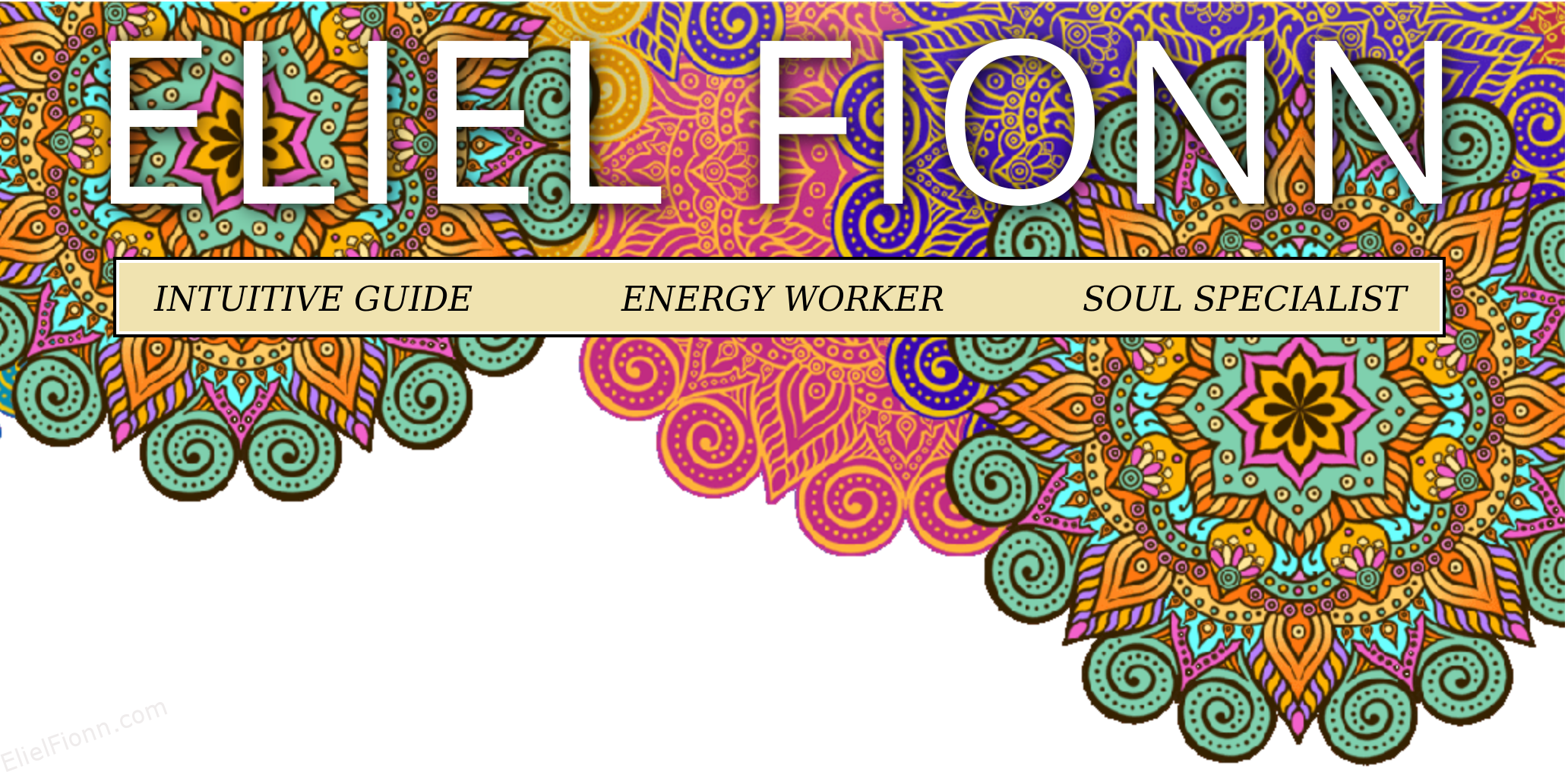This week we have a guest blog from Olive Evangeline, an advice columnist from Catmopolitan Magazine, the go-to read for the urban feline. Her “Just Ask Olive” column has become highly popular over the years. She welcomes questions from her readers and will answer any inquiries in the next edition. Thank you, Olive!
Dear Readers, 
I am pleased to present you with “Just Ask Olive,” my advice column for anyone who ever wondered about the relationship between humans and the animal kingdom. I don’t say kingdom lightly. As every cat knows, we are here to be served. Feel free to send comments, questions, and concerns to me via this blog, and I will try to answer them as I find time between daily bathing, eating, and snoozing. Enjoy!
Dear Olive, I would like to show my human some appreciation for her years of service. What do you recommend? -Grateful in Idaho
Dear Grateful,
So, you want to gift your human with a token of your appreciation? It is often difficult to choose between a bird, rodent, or snake. For anniversary or birthday presents, nothing says I adore you like a tasty mouse carcass! To motivate your human to keep up good service, choose a small bird, since cleaning up the feathers will keep her tidying skills tip top. For service beyond the norm, a snake adds a bit of excitement to any household. And for superlative behavior, there’s nothing like bringing in a bat for high entertainment.
Dear Olive, I love my humans, but they are often uncomfortable bedmates at night. Do you have suggestions for a more restful sleep? -Restless in Montreal
Dear Restless,
It is difficult, though not impossible, to get a good night’s rest with humans sharing your bed. Although they are subject to tossing and turning, wrenching the covers, and generally dislodging your perch, there are ways to keep the interference to a minimum. Sleep on your humans’ feet, wedge your body next to theirs and go limp so they are unable to turn over, or snooze on their head to keep them immobilized. Now you can catnap stress-free!
Dear Olive, I am gaining a bit of weight on my kibble, but it tastes better than the canned stuff they keep serving me. How do I maintain my fine furry figure? -Portly in Portland
Dear Portly,
Ah yes, canned food or kibble? While it is not impossible to lose weight eating kibble, it is a slow process. Canned food, though it smells like metal, will definitely shrink those belly bulges. You could also try eating less or chasing other cats around the yard more to reduce pudge poundage. But the real question is, do you care? Luckily, being a cat allows you to love yourself completely, no matter the size of your girth.
Dear Olive, what do you do when your humans are too lazy to clean the litter box properly? -Disgusted in Arizona
Dear Disgusted,
You can always defecate or pee on the bed to get their attention, or barf in their shoes. Other ways to show your displeasure include biting them on the hand when they try to pet you, stomping on their belly in the middle of the night to wake them up, or breaking objects they like. Then there is the death glare, a fierce eye gaze so powerful that you will know you are doing it correctly when your human jumps to do your bidding. (Note the death glare in photo above.) Continue reading

